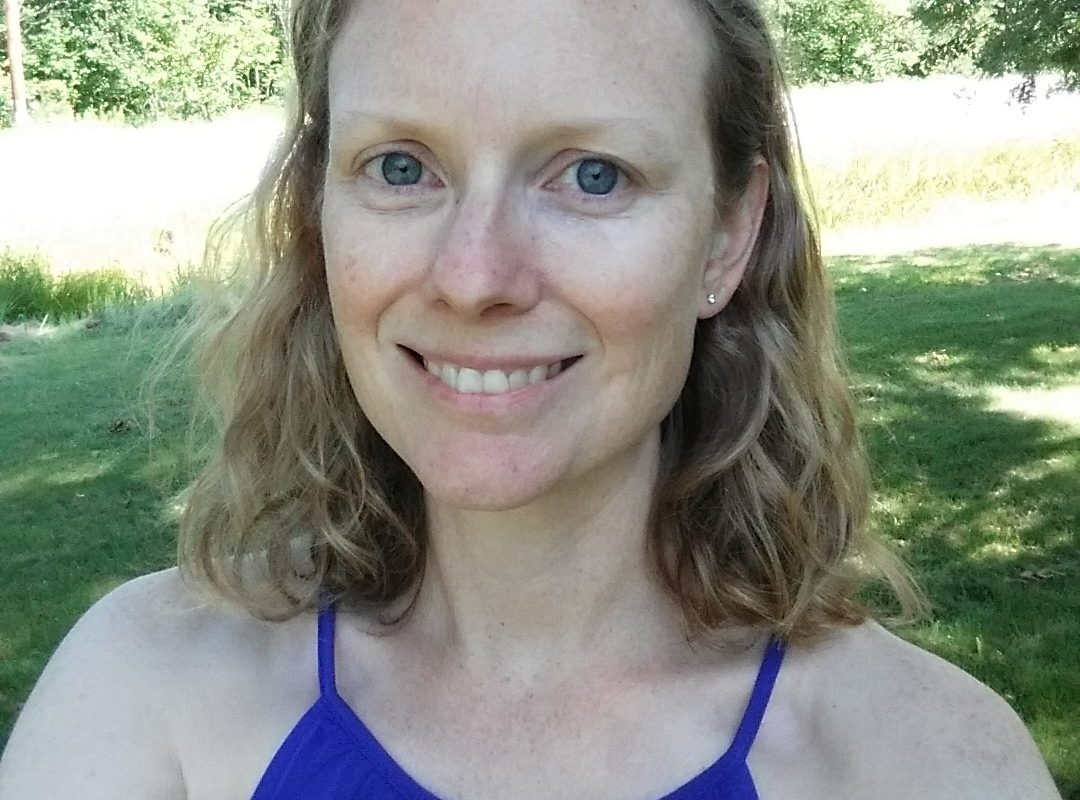Wendy Agnew
Coach


Tell us a little about yourself – what are you passionate about?
I am passionate about many science-related areas. I love helping owners provide the best possible care and decisions for their pets in my role as a small animal veterinarian. Being able to work at a specialist practice is very rewarding, as we are able to provide the highest levels of veterinary care. Being a diagnostician is a bit like being a detective – gathering enough evidence to rule out or rule in problems that may be affecting your patient. Finding the best ways to help pets and their owners is very rewarding.
Outside of vet, I’m very interested in helping inspire students to engage with STEM subjects. I’ve loved working in science fields throughout my careers, and want to share that enthusiasm with future generations. I’ve also become a keen citizen scientist in the last few years, and am obsessed with taking photos of fascinating creatures my family and I have found around our house and neighbourhood to help contribute to the documentation of Australian biodiversity.
Where did you grow up? What is your earliest memory about science?
I grew up in the American Midwest, in the state of Wisconsin. One of my earliest memories I associate with science was building and launching model rockets at a summer school program when I was in Year 2. I loved learning how the various features of the rocket would affect its flight, and it was really cool to see it blast off into the sky then float slowly and safely back down with the parachute that was tucked away inside.
I think I’ve always been drawn to science, and remember being really excited to get a chemistry set for my birthday one year (especially lighting a stick covered in iron filings and watching it spark!), and a microscope and slides for Christmas.
What did you do after you left school?
After graduating from high school in Wisconsin, I attended university in Santa Cruz, California where I studied marine biology and animal physiology. I spent one year of my marine biology degree as an exchange student at the University of Queensland, and met my husband while on a marine biology field course on Heron Island. During my first degree I concentrated on marine mammal physiology and volunteered at a marine lab run by the university, training dolphins, sea lions, and sea otters.
After graduating, I got married and relocated to Australia, where I completed a Bachelor of Veterinary Science. I intended to specialise in marine mammal medicine, but ended up completing a residency in small animal (dog and cat) medicine instead, and have worked at a specialist referral clinic since as a small animal medicine veterinarian.
Why did you become a Curious Minds STEM Coach?
I became a Curious Minds STEM Coach for a few reasons. I feel really fortunate to have had as much support from my family and teachers as I did growing up, which helped me pursue my interests in science, and would love to pay some of that support forward. I’d love to help support our future STEM professionals – we need curious, problem-solving minds more than ever to help us tackle climate, health, equitability, and other challenges. And even if some of the Curious Minds students end up in non-STEM areas, improved scientific literacy and the confidence to pursue one’s interests will be a wonderful thing to contribute to as a mentor.
What advice would you give to current female students thinking of pursuing a career in STEM?
My advice would be to continue to explore every area of interest that you can. There are so many amazing job opportunities out there, and there will continue to be more developed that we can’t even imagine yet. Don’t be afraid to try out new things, as you might just find that you love them.
